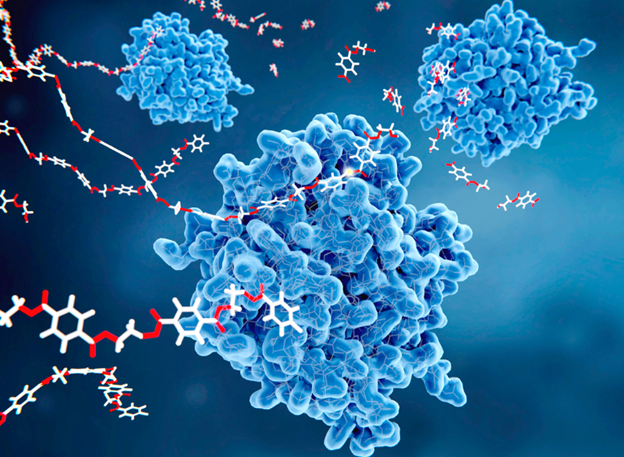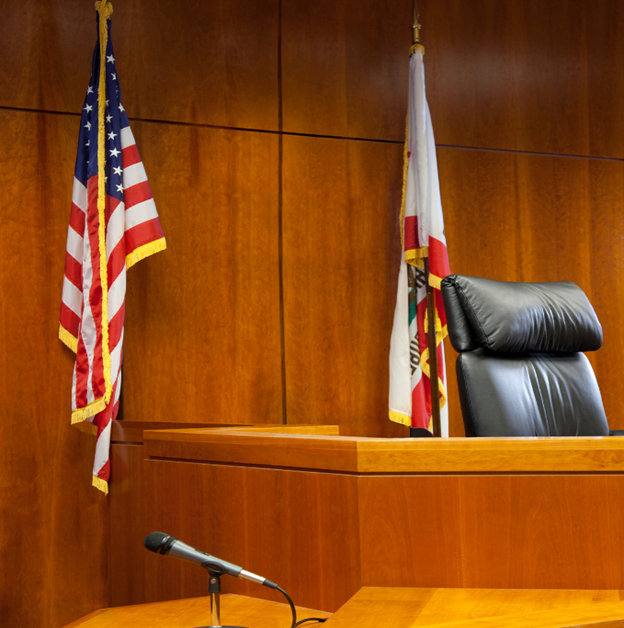Introduction
In the contemporary world, various essential products, such as petroleum derivatives, plastics, textiles, pharmaceuticals, and chemicals, are synthesized through catalytic processes. Catalysts play a pivotal role in expediting chemical reactions, while remaining unchanged at the conclusion of the process. They can steer reactions towards specific products, enabling chemistry to be conducted at reduced temperatures and pressures, with enhanced selectivity towards the desired outcome. Consequently, they find extensive utilization within the chemical industry.

Types of Catalysts
There are three primary types of catalysts:
- Heterogeneous Catalysts: These catalysts are insoluble within the medium where the reaction occurs, allowing reactions involving gaseous or liquid reagents to occur at the catalyst’s surface.
- Homogeneous Catalysts: In contrast to heterogeneous catalysis, homogeneous catalysts are dissolved in the reaction medium, making all catalytic sites available for the reaction.
- Biocatalysts: This category includes natural proteins (enzymes) or nucleic acids (RNA or ribozymes and DNAs), often used in various processes, particularly within the bioeconomy.
Challenges and Legal Disputes
Challenges may arise at various stages of catalysis, including catalyst activation, the catalytic process itself, and the resultant outcomes. In such situations, legal disputes may arise, necessitating the involvement of an expert witness well-versed in catalysis. An expert can assist an attorney in many areas:
- Technical Comprehension: Experts in catalysis can break down intricate technical concepts related to catalytic processes, making them accessible and understandable, ensuring that scientific information is effectively communicated and comprehended.
- Chemical Reaction Analysis: C
- Catalysis experts excel at evaluating chemical reactions. They can assess various aspects, such as reaction mechanisms, kinetics (rate of reaction), and thermodynamics (energy changes during reactions). This enables them to provide insights into the feasibility, efficiency, and validity of chemical processes.
- Catalyst Insights: These experts can provide opinions on whether the catalysts used were the most suitable to optimize efficiency and yield.
- Process Optimization: Experts in catalysis can identify opportunities that enhance the efficiency of catalytic processes, increase product yield, and improve selectivity toward desired products, often relevant in cases involving disputes over process improvements or patent infringement.
- Product Evaluation: Ensuring the quality and compliance of end products is a critical aspect of catalysis. Catalysis experts can verify product compliance with relevant specifications and industry standards, which is essential in cases related to product liability.
- Safety and Environmental Assessment: Experts in catalysis can evaluate safety and environmental aspects related to catalytic processes, and assess potential risks associated with certain catalysts or processes. This is crucial in cases involving safety concerns or environmental regulations.
- Damage Assessment: If damage has occurred due to catalytic processes, experts can assess and quantify the damages and losses suffered by the parties involved. Their expertise helps determine appropriate compensation and remedies.
Selecting an Expert Witness
While the ultimate determination of an individual’s qualification as an expert and their testimony’s admissibility is the responsibility of the presiding judge, the jury typically assesses the weight and credibility of the expert’s opinions. Hence, selecting an expert goes beyond credentials, necessitating the ability to convey complex technical matters in terms understandable to juries.
Conclusion
Good renewable energy and biochemical consulting firms likely have experts in many bioeconomy specialties, including catalysis. At Lee Enterprises Consulting, our experts are the top specialists in their fields, and expert witness engagements are only a small part of their professional work. We conduct generalized training for all our experts who want to serve as expert witnesses, ensuring they understand their role in a proceeding. We also check with them for any conflicts before an engagement is accepted, and ensure they understand Daubert expert witness qualifications, along with the relationship they will have with the hiring attorneys.
Lee Enterprises Consulting
Lee Enterprises Consulting has over 180 experts that can help navigate your bioeconomy needs. If you need assistance with your catalysis project(s), please contact us.
